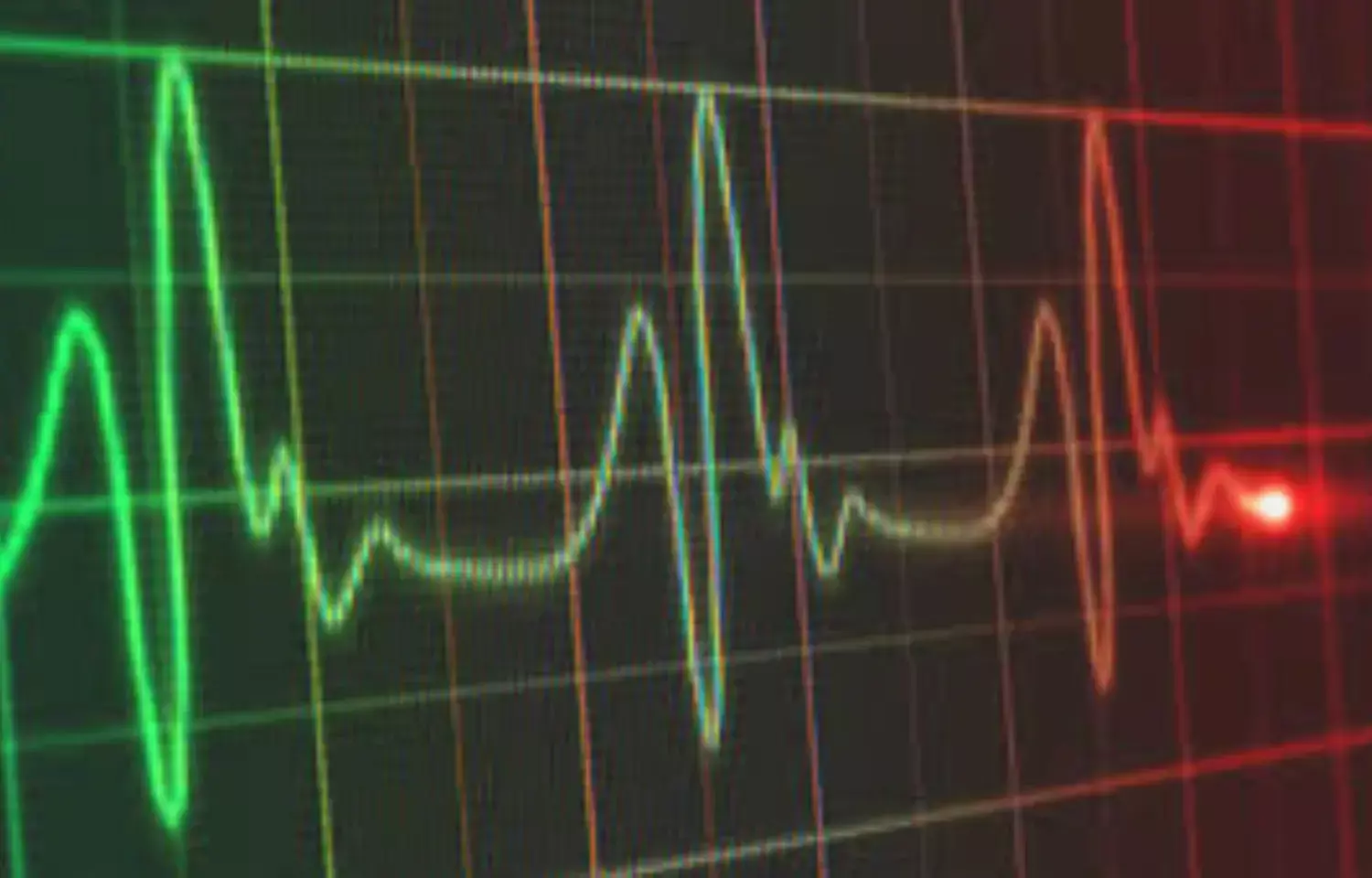- Home
- Medical news & Guidelines
- Anesthesiology
- Cardiology and CTVS
- Critical Care
- Dentistry
- Dermatology
- Diabetes and Endocrinology
- ENT
- Gastroenterology
- Medicine
- Nephrology
- Neurology
- Obstretics-Gynaecology
- Oncology
- Ophthalmology
- Orthopaedics
- Pediatrics-Neonatology
- Psychiatry
- Pulmonology
- Radiology
- Surgery
- Urology
- Laboratory Medicine
- Diet
- Nursing
- Paramedical
- Physiotherapy
- Health news
- Fact Check
- Bone Health Fact Check
- Brain Health Fact Check
- Cancer Related Fact Check
- Child Care Fact Check
- Dental and oral health fact check
- Diabetes and metabolic health fact check
- Diet and Nutrition Fact Check
- Eye and ENT Care Fact Check
- Fitness fact check
- Gut health fact check
- Heart health fact check
- Kidney health fact check
- Medical education fact check
- Men's health fact check
- Respiratory fact check
- Skin and hair care fact check
- Vaccine and Immunization fact check
- Women's health fact check
- AYUSH
- State News
- Andaman and Nicobar Islands
- Andhra Pradesh
- Arunachal Pradesh
- Assam
- Bihar
- Chandigarh
- Chattisgarh
- Dadra and Nagar Haveli
- Daman and Diu
- Delhi
- Goa
- Gujarat
- Haryana
- Himachal Pradesh
- Jammu & Kashmir
- Jharkhand
- Karnataka
- Kerala
- Ladakh
- Lakshadweep
- Madhya Pradesh
- Maharashtra
- Manipur
- Meghalaya
- Mizoram
- Nagaland
- Odisha
- Puducherry
- Punjab
- Rajasthan
- Sikkim
- Tamil Nadu
- Telangana
- Tripura
- Uttar Pradesh
- Uttrakhand
- West Bengal
- Medical Education
- Industry
Catheter ablation underused as first-line therapy for supraventricular tachycardia: JAHA

Brazil: A recent study in the Journal of the American Heart Association shows that for most patients referred to a tertiary center, catheter ablation was not used as the first-line treatment for supraventricular tachycardia (SVT). The researchers suggested that the procedure is being underused in this population.
According to the study, 64% of patients were not referred for ablation as the initial treatment. Factors associated with non-referral include chest discomfort during SVT, older age, and a greater number of antiarrhythmic drugs used before ablation.
"These independent predictors indicate the existence of biases in the decision‐making process in the referral process of patients who would benefit the most from catheter ablation," Lucas Hollanda Oliveira, Clinical Cardiac Electrophysiology, Federal University of São Paulo, São Paulo, Brazil, and colleagues wrote in their study. "They very likely suggest a skewed medical decision‐making process leading to the underuse of catheter ablation.
Catheter ablation (CA) is shown to be a safe, effective, and cost-effective technique and could be considered a first‐line strategy for the treatment of symptomatic supraventricular tachycardia. Despite the recommendations of international guidelines and the high prospect of cure, the average time between diagnosis and the procedure may be long.
Against the above background, the researcher's team aimed to evaluate predictors related to non‐referral for CA as first‐line treatment in patients with SVT.
The patients were recruited from a retrospective cohort of patients with SVT or ventricular pre‐excitation referred for CA in a tertiary center. Clinical and demographical features were used as independent variables and non‐referral for CA as first‐line treatment the dependent variable in a stepwise logistic regression analysis.
From g 20 clinical‐demographic variables from 350 patients, 10 were included in the initial logistic regression analysis: women, age, palpitation, presence of pre‐excitation on ECG, dyspnea and chest discomfort, number of concomitant symptoms, number of antiarrhythmic drugs before ablation, symptoms' duration and evaluations in the emergency room due to SVT.
After multivariable-adjusted analysis, age (odds ratio [OR], 1.2), chest discomfort during supraventricular tachycardia (OR, 2.7), and the number of antiarrhythmic drugs before ablation (OR, 1.8) showed a positive independent association for non‐referral for CA as SVT first‐line treatment.
The authors conclude by saying, "this is the largest study in the literature that attempts to understand, from a multivariable-adjusted perspective, the factors associated with the non‐referral of patients who would potentially benefit from catheter ablation." More information relative to CA benefits and risks would improve the medical decision‐making process in the treatment of SVT."
Reference:
Hollanda Oliveira L, dos Santos Viana M, Moreno Luize C, et al. Underuse of catheter ablation as first-line therapy for supraventricular tachycardia. J Am Heart Assoc. 2022;11:e022648.
Dr Kamal Kant Kohli-MBBS, DTCD- a chest specialist with more than 30 years of practice and a flair for writing clinical articles, Dr Kamal Kant Kohli joined Medical Dialogues as a Chief Editor of Medical News. Besides writing articles, as an editor, he proofreads and verifies all the medical content published on Medical Dialogues including those coming from journals, studies,medical conferences,guidelines etc. Email: drkohli@medicaldialogues.in. Contact no. 011-43720751


